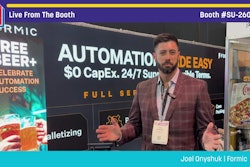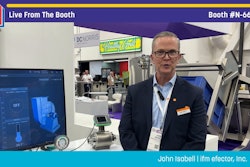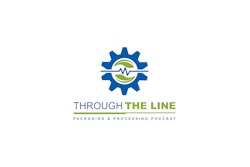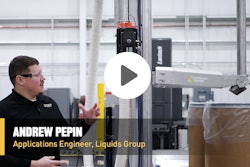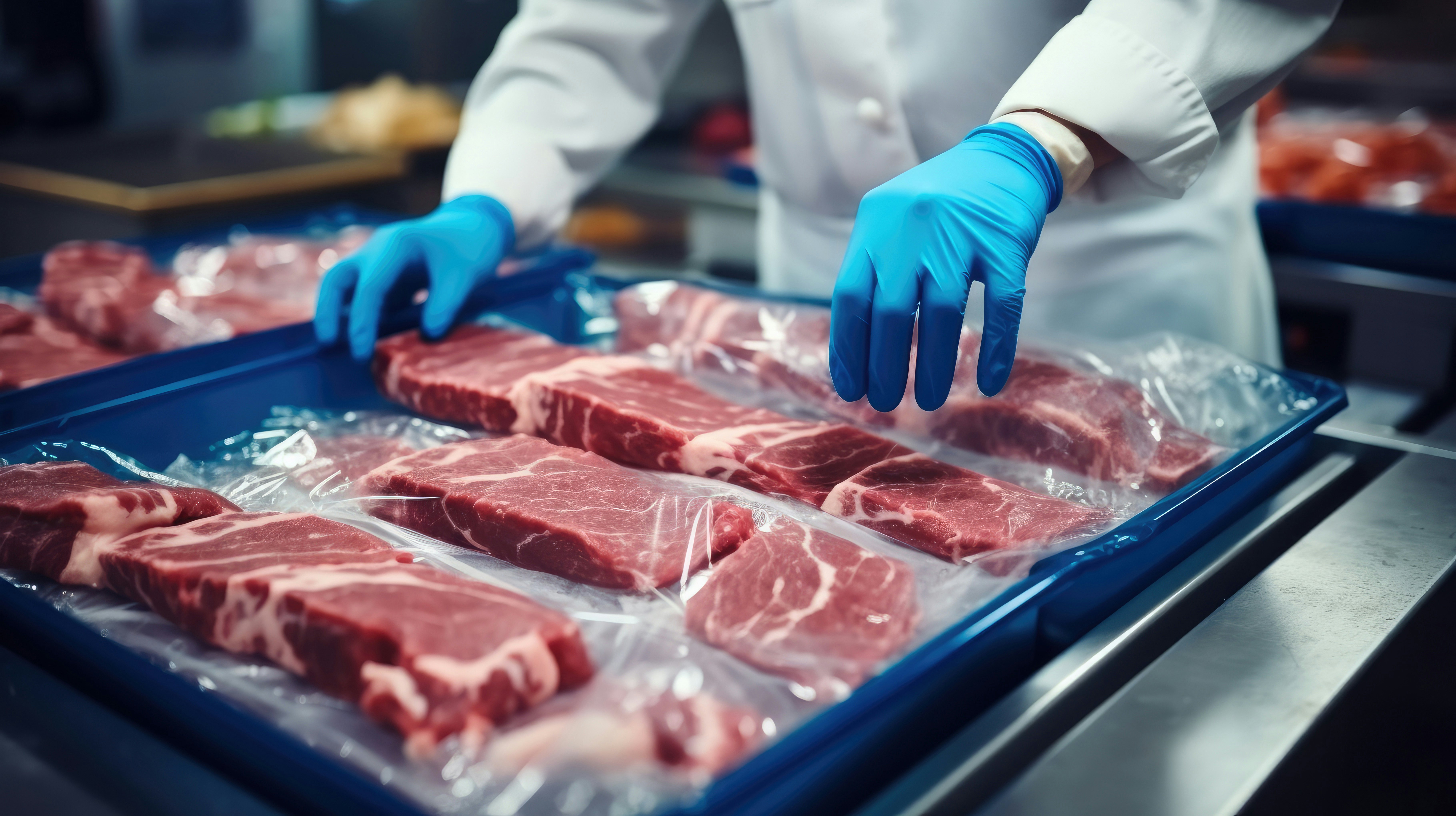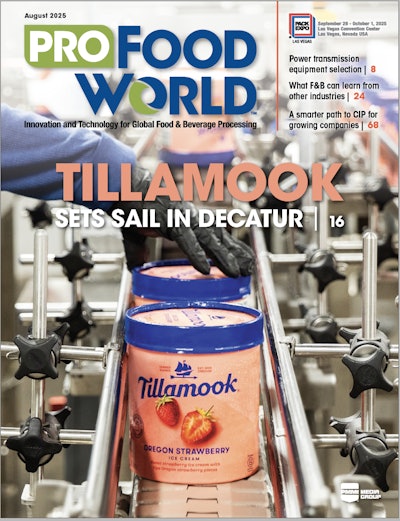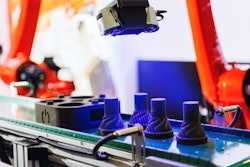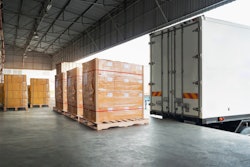(Spartanburg, NC). Called "UnPET," it's said to require less capital investment than other chemical recycling methods and it's called cost-competitive with mechanical recycling.
The UnPET process is essentially a means of isolating the two monomers, ethylene glycol (EG) and terephthalic acid (TA), that chemists react to form PET polymers. This process of isolation involves two steps. First a metal hydroxide such as caustic soda is added to PET scrap and the mix is then augered through an externally heated metal tube approximately 3' in diameter and some 30' long. This yields EG and a metal salt of TA such as disodium terephthalate. In step two, heating at 400 to 650° F evaporates the EG (which is subsequently recovered through condensation), reduces organic impurities to carbon dioxide and water and permits recovery of metal-containing impurities. The solid terephthalate salt is unaffected. Its TA component is isolated and purified at ambient pressure and a temperature of only 220° F. Having thus isolated EG and TA, the two chemicals can be reacted to form PET just as virgin chemicals can.
UnPET's advantage over other forms of chemical recycling (eg., methanolysis or hydrolysis) is that it can be done at lower pressures and temperatures, so costly investment in pressure vessels like those found in chemical plants is unnecessary. Its advantage over mechanical recycling-which requires scrubbing scrap before melt-processing it into reusable PET pellets-is that it removes contaminants efficiently even when impurity levels reach 40% or more. Mechanical recycling, says URRC, requires that the scrubbing process reduce impurities in PET scrap to less than 1% before melt processing can occur.
URRC runs a pilot UnPET operation as part of its core business of separating chemical coatings from PET X-ray film. The firm plans to invest more than $5 million in a new facility in Spartanburg to further develop its UnPET technology, which has been granted U.S. patent protection. It also plans to license the process.




